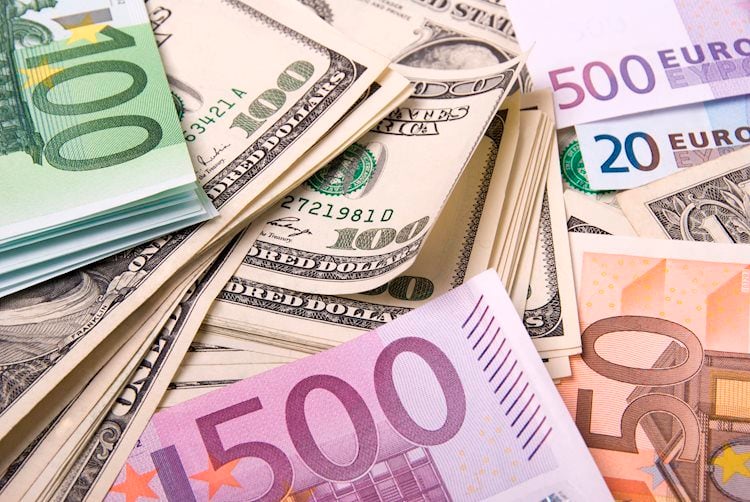What you need to take care of on Wednesday, October 12:
The US Dollar is strong at the end of Tuesday and after an intraday knee-jerk that kept it in the red for most of the American session.
The Bank of England (BOE) introduced additional measures to improve financial market conditions. The central bank will temporarily pause corporate bond sale operations this week while it intends to purchase index-linked gilts up to GBP5 bln.
Also, the UK published its monthly employment report, which was generally encouraging. The ILO unemployment rate slid to 3.5% in the three months to August, beating the previous 3.6%. However, the number of those claiming jobless benefits unexpectedly surged by 25.5K in September, while growth in average total pay (including bonuses) was 6.0% and growth in regular pay (excluding bonuses) was 5.4% in the three months to August.
The International Monetary Fund (IMF) chief economist Pierre Olivier Gourinchas said the worst is yet to come and that 2023 could be a very bad year in terms of global growth.
Ahead of the US close, BOE Governor Andrew Bailey hit the wires and triggered another round of risk aversion. Among other things, he said that the Financial Policy Committee (FPC) took the decision to intervene in the financial market after noting market volatility surpassed bank stress test. Bailey also said that they are facing unprecedented volatility in the long end of the gilt market, but also marked the end of its emergency intervention by saying that they will be out of the market by the end of the week. The comments spurred risk aversion, sending Wall Street into the red and the US Dollar back up.
Across the pound, US Federal Reserve Cleveland President Loretta Mester reiterated on Tuesday the well-known hawkish message. Among other things, Mester said that the biggest risk is that the Fed does not hike rates enough, adding that she does not expect the central bank to lower rates in 2023. Finally, she added that fighting inflation is painful “but must happen.”
US government bonds fell sharply at the beginning of the day, pushing yields to fresh highs. The yield on the 10-year Treasury note peaked at 4.0%, while that on the 2-year note reached an intraday high of 4.35% ahead of the opening. Yields finished the day marginally higher and off their intraday lows.
Wall Street battled to recover ground but failed miserably. The Dow Jones Industrial Average started the day with a positive tone and, at some point, was roughly 300 points up. It trimmed all of its gains ahead of the close, while the S&P500 and the Nasdaq Composite spent the day in the red.
EUR/USD trades around 0.9710, while GBP/USD plunged towards 1.1000. Commodity-linked currencies also trimmed gains, with AUD/USD now trading in the 0.6270 region and USD/CAD at around 1.3800.
The American Dollar extended its advance against its safe-haven rivals, with USD/CHF now quoting at 0.9960 and USD/JPY at 145.80.
XAUUSD flirted with $1,684 a troy ounce but shed ground ahead of the close and settled at $1,666 a troy ounce. Crude oil prices extended their weekly decline after US officials asked Saudi Arabia to delay OPEC+ production for a month, a request that was dismissed by the Saudis. WTI now changes hands at $88.40 a barrel.
The US will publish the September Consumer Price Index is expected to have risen at an annualized pace of 8.1% in September, easing from 8.3% in the previous month. However, core inflation, excluding volatile food and energy prices, is foreseen increasing by 6.5%, higher than the previous 6.1%.
Top 3 Price Prediction Bitcoin, Ethereum, Ripple: The start of a larger decline
Like this article? Help us with some feedback by answering this survey:
